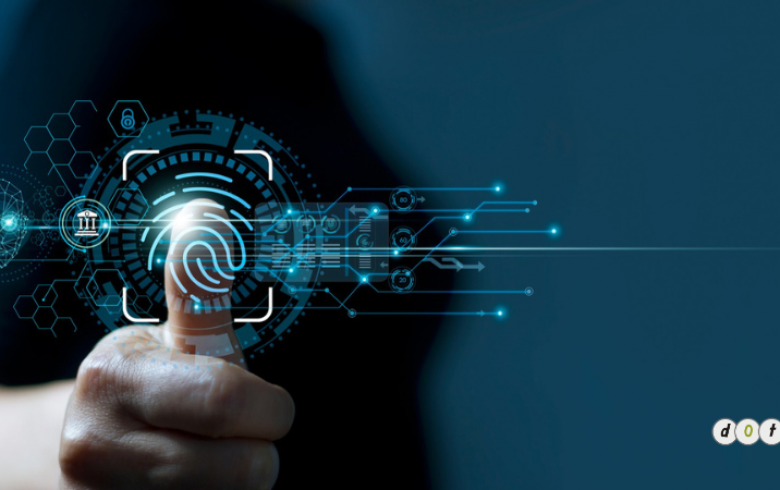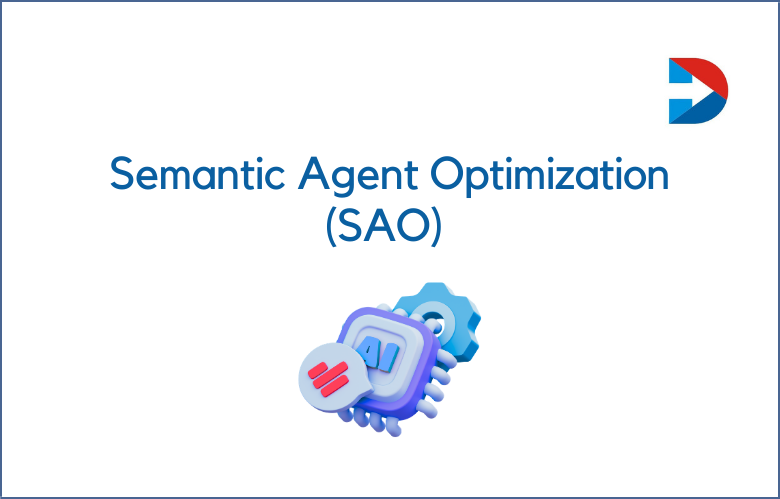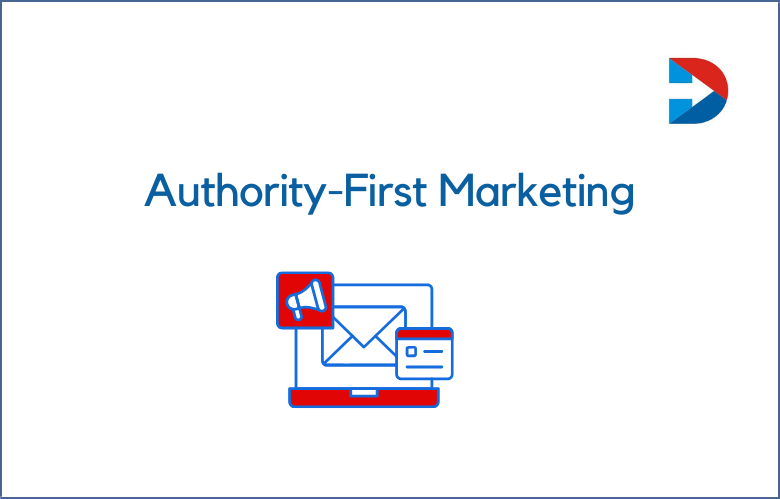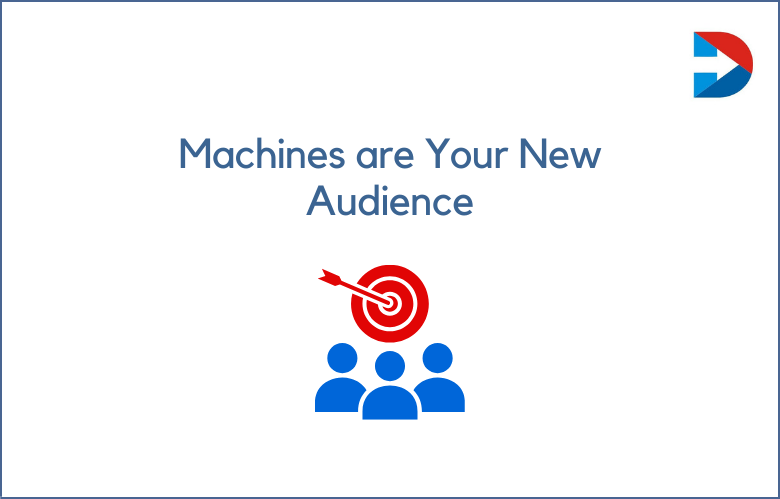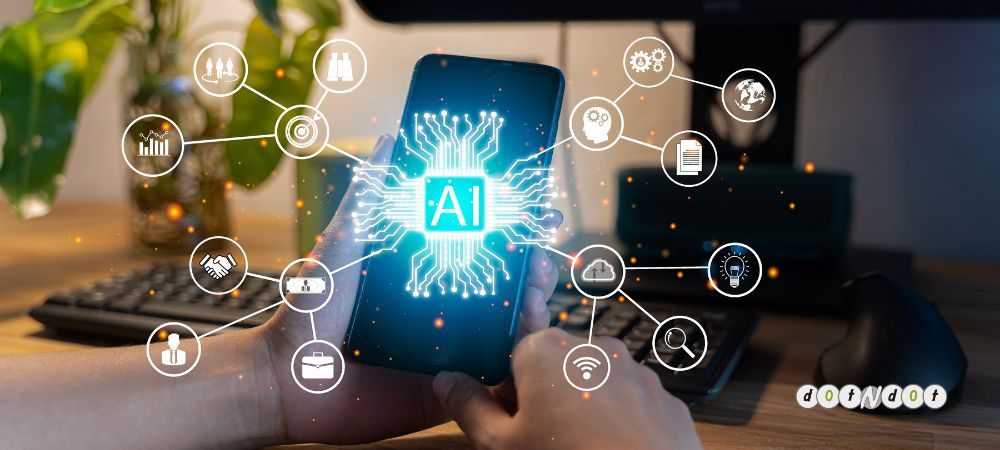
With the ever-increasing demand for personalized customer experiences, businesses are constantly searching for better ways to deliver unique offerings to their market.
Fortunately, Artificial Intelligence (AI) has made it possible for marketers to streamline the process of personalization at scale.
AI-powered personalization technologies have opened up a whole new world of opportunities for companies to deliver tailored experiences to their customers. We’ll dive deep into what AI-powered personalization in marketing means and how it’s transforming the marketing industry.
Revolutionizing Marketing: How AI-Powered Personalization is Changing the Game
With technology advancements, the landscape of marketing is drastically changing. Artificial Intelligence (AI) is revolutionizing marketing by providing personalized experiences to customers like never before. The AI-powered personalization system is changing the game, creating unprecedented enterprise marketing opportunities.
The benefits of AI-powered personalization are clear. It allows marketers to identify patterns in customer behavior, preferences, and interests through the massive amount of data collected from various sources.
This helps create a more precise and comprehensive understanding of customers, enabling marketers to tailor their messaging to these insights. As a result, this leads to higher customer engagement, more personalized experiences, and improved conversion rates.
Personalized Marketing 2.0: How AI is Taking Targeting to the Next Level
Personalized marketing has been a popular strategy amongst businesses for years, allowing them to tailor their marketing efforts to specific individuals based on their preferences, behavior, and interests.
However, with the rise of artificial intelligence (AI), personalized marketing is entering a new era known as Personalized Marketing 2.0.
One of the key advantages of using AI for personalized marketing is the ability to process vast amounts of data in real time, providing insights about the customer that was previously impossible to obtain.
This allows businesses to create highly personalized customer experiences by delivering tailored messages and recommendations relevant to their needs.
The AI Advantage: How Personalization Drives Marketing Success
Artificial intelligence (AI) is a game-changing technology that has transformed how businesses operate and interact with customers. One of the most significant advantages of AI is its ability to personalize marketing strategies, which has been proven to drive marketing success.
Personalization is tailoring marketing messages, products, and services to meet individual customers’ specific needs and preferences.
It involves collecting data on customer behavior, demographics, and purchase history and using this information to develop targeted and relevant marketing campaigns.
AI is excellent at this because it can analyze vast amounts of data quickly and accurately and make recommendations based on patterns and trends.
The Role of AI in Hyper-Personalization: Tailoring Marketing to the Individual
Hyper-personalization in marketing is tailoring communication and offers to individual customers based on data gathered from their behaviors, preferences, and past purchases.
It is a highly effective strategy to increase customer engagement, retention, and loyalty. However, artificial intelligence (AI) can only achieve hyper-personalization at scale.
AI is a crucial enabler of hyper-personalization. It allows marketers to analyze large amounts of customer data in real-time and derive previously impossible insights to obtain manually.
AI-powered algorithms can identify patterns, trends, and correlations in customer behavior and use them to predict future actions and preferences. This enables marketers to offer personalized recommendations, promotions, and content that resonate with customers and increase their satisfaction.
The ROI of Personalization: How AI-Powered Marketing Increases Customer Lifetime Value
Personalization has become a buzzword in the marketing industry, and for good reason. AI-powered marketing increases customer lifetime value by providing personalized experiences that enhance customer satisfaction, loyalty, and brand advocacy.
This impacts ROI by making customers stick around for extended periods, spending more during that time, and attracting new customers through recommendations based on engaging experiences.
With the growth of big data and advanced machine learning algorithms, companies can now gather and analyze large volumes of customer data.
By analyzing customer behavior, preferences, and purchasing tendencies, AI-powered marketing can create personalized marketing campaigns that provide targeted messaging for customers through customized content, product recommendations, and other tailored experiences.
Benefits of AI-Powered Personalization
Improved User Experience
AI-powered personalization can provide users with an improved user experience on websites and apps. By leveraging user data, AI algorithms can analyze user behavior to deliver personalized content tailored to each user’s preferences.
This helps ensure that users are presented with the most relevant content, which can lead to higher engagement and satisfaction with the website or app.
Increased Conversions
AI-powered personalization can also increase business conversions by delivering customers more targeted offers and promotions.
By analyzing customer data such as purchase history and browsing behavior, AI algorithms can identify customers likely to be interested in particular products or services and deliver personalized offers tailored specifically for them.
This can lead to higher conversion rates as customers are more likely to take advantage of offers tailored specifically for them.
Reduced Costs
AI-powered personalization can also help businesses reduce their costs by automating manual processes such as segmentation, targeting, and optimization of campaigns.
By leveraging AI algorithms, businesses can quickly identify customer segments that are most likely to respond positively to particular offers or promotions, allowing them to focus their resources on those specific segments instead of wasting time and money on campaigns that may not be effective.
Increased Customer Loyalty
AI-powered personalization can also help businesses increase customer loyalty by providing customers with a more personalized experience when interacting with the business’s website or app.
Customers appreciate feeling like they are being treated as individuals rather than just another number, which often leads them to become more loyal customers over time.
By using AI algorithms to analyze customer data, businesses can better understand their customers’ needs and preferences to provide a better overall experience.
Improved Productivity
AI-powered personalization can also help businesses improve their productivity by automating mundane tasks such as segmentation and targeting of campaigns.
By leveraging AI algorithms, businesses no longer have to segment their customer base to target specific campaigns manually; instead, they have the AI algorithm do it for them automatically, freeing up valuable time for employees who would otherwise have had to spend performing these tasks manually.
Enhanced Insights
AI-powered personalization gives businesses enhanced insights into customer’s behavior and preferences by analyzing customer data from various sources, such as web analytics tools and CRM systems.
By understanding how customers interact with their website or app, businesses can gain valuable insights into optimizing their offerings to meet the needs of their customers better.
Challenges of AI-Powered Personalization
Data Privacy
Data privacy is one of the biggest challenges regarding AI-powered personalization.
As companies collect more and more customer data, they must ensure that it is kept secure and not misused. Companies must also be aware of any laws or regulations that may apply to collecting customer data, such as the General Data Protection Regulation (GDPR).
Accurate Targeting
Accurately targeting customers with personalized content is another challenge regarding AI-powered personalization.
Companies must deeply understand their customer’s preferences and behaviors to target them with content that will resonate with them accurately. This requires much data analysis and machine learning algorithms to get it right.
User Expectations
User expectations are also an important consideration when it comes to AI-powered personalization.
Customers expect companies to provide them with relevant content, and if they don’t feel like they’re getting what they want, they may become frustrated or disengaged from the brand altogether.
Companies must, therefore, strive to meet user expectations by providing personalized content that resonates with their customers on a deeper level.
Algorithmic Bias
Algorithmic bias is another challenge associated with AI-powered personalization. Algorithms can often produce results biased toward certain groups or demographics, leading to unfair outcomes for those affected by the bias.
Companies must, therefore, be aware of the potential for algorithmic bias and take steps to mitigate it where possible, such as by using datasets representative of all users rather than just a tiny subset of users.
Cost
The cost associated with implementing AI-powered personalization can also be a challenge for some companies.
While many tools available on the market today make it easier for companies to implement personalized experiences at scale, these tools can still be expensive for smaller businesses that may not have the budget for them yet.
Companies need resources such as skilled developers who can help build custom solutions if needed, which can add additional costs and complexity to the equation.
Integration Issues
Integration issues can also present a challenge regarding AI-powered personalization solutions.
Many solutions require integration into existing systems to function correctly, which means companies need access to APIs or other integration points for these solutions to work perfectly within their environment.
The Future of AI-Powered Personalization
AI-powered personalization in marketing is set to change how companies engage with their customers.
With the exponential growth of user data points, companies can leverage AI-powered personalization technologies to deliver seamless, relevant, and personalized experiences at scale.
As AI technology continues to evolve, we’ll see more advanced AI-based personalization tools that provide even more accurate and targeted recommendations, making it easier than ever to tailor content, products, and services to each user’s individual preferences.
Conclusion:
AI-powered personalization in marketing is transforming the way companies engage with their customers. By leveraging AI and machine learning techniques, businesses can deliver tailored content, products, and services to each user at scale.
It has never been more imperative for companies to personalize their marketing efforts, and AI-powered personalization is the key to providing exceptional customer experiences. The moral framework for ethical AI-powered personalization will play a role in improving global-scale data management and data privacy policy.
AI and marketing have a bright future together, and AI-powered personalization has the potential to revolutionize customer engagement and marketing strategies in the years to come.

